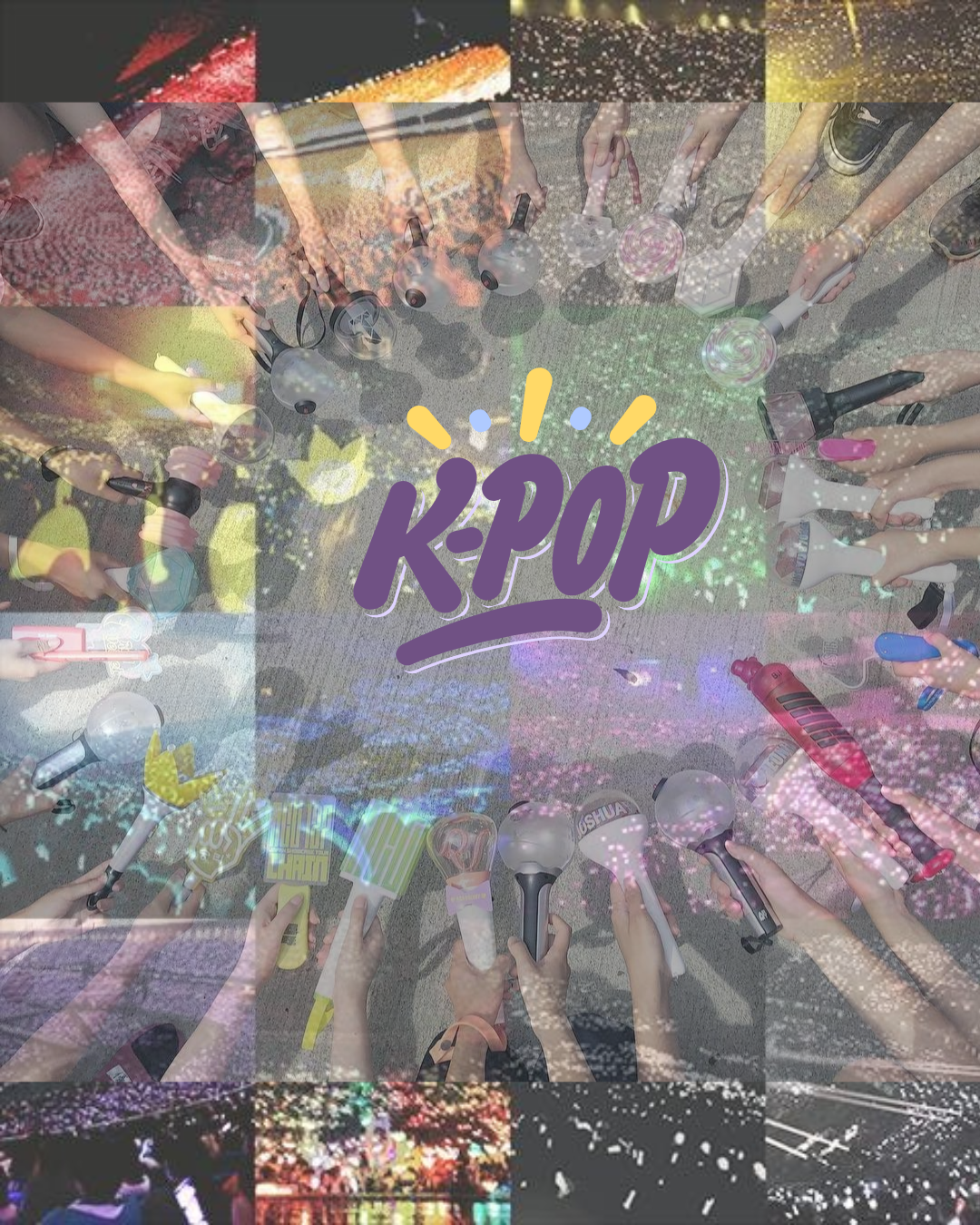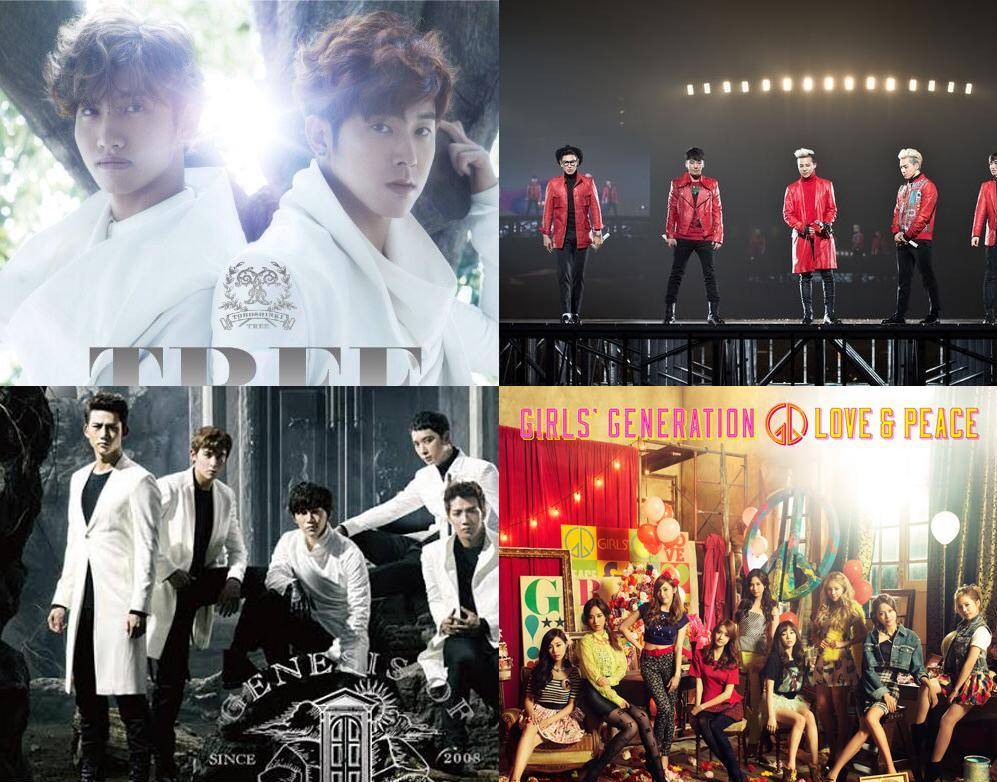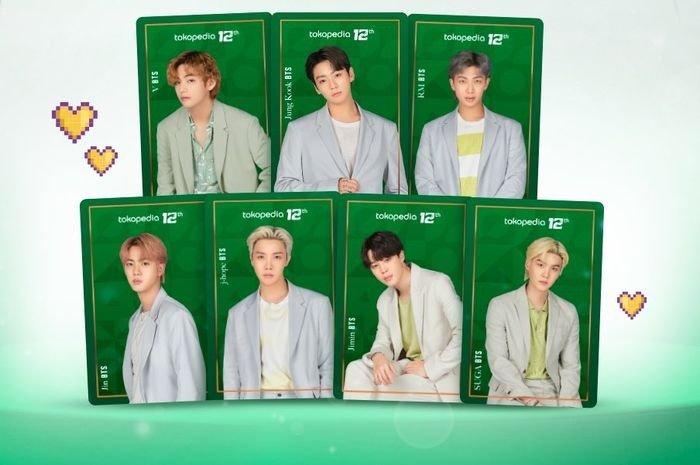
The Business of Fandom: How K-Pop Fans Drive Global Trends
Daebak InternsShare
When you think of K-Pop, what comes to mind first, the music, the fashion, or the fans? While the dazzling performances and catchy beats made the genre global, it’s the fans who’ve turned it into a cultural movement and multi-billion-dollar industry. From trending hashtags to breaking fashion sales records, K-Pop fandoms aren’t just spectators, they’re the driving engine of global pop culture.
🎤 From Passion to Power: The Birth of the Modern K-Fandom

K-Pop fandoms didn’t just appear overnight. Their roots trace back to the early 2000s, when communities of fans for groups like TVXQ, Super Junior, and BIGBANG began organizing online long before social media ruled the world. These early fandoms built the foundation of what would become one of the most connected and coordinated fan ecosystems on the planet.
What makes K-Pop fandoms different is how they blend emotion with structure. Fans don’t just admire idols, they organize for them. Whether it’s funding global advertising campaigns, coordinating mass album purchases, or setting streaming goals, K-Pop fans have mastered the art of collective influence. The result? A fandom economy where enthusiasm turns into measurable impact… and profit.
💸 Beyond Music: The Business of Fandom

Today, fandoms are at the heart of a vast ecosystem that includes merchandise, media, events, fashion, and digital interaction. Fans don’t just buy an album, they buy connection. Every photocard, fanlight, and plush mascot carries emotional value.
That’s where platforms like The Daebak Company step in… bridging Korean brands, characters, and fandom culture with fans worldwide. Through curated boxes, exclusive collaborations, and limited-edition items, Daebak connects the global Hallyu community with the heartbeat of Korea’s pop culture scene. It’s not just about unboxing a product, it’s about unboxing a feeling.

This fan-driven market extends far beyond Korea. According to the Korea Creative Content Agency (KOCCA), exports of K-content, including music, fashion, and character goods, have surpassed billions of dollars annually. Fans drive this economy through collective passion turning everyday purchases into cultural experiences.

🌍 The Digital Power of Fandoms
In the digital era, K-Pop fandoms are a masterclass in online mobilization. Within minutes of a new music video release, hashtags trend globally. Fans flood Twitter, TikTok, and YouTube with reactions, fancams, and fan art, boosting visibility in ways most brands can only dream of.

When BTS’s “Butter” dropped, fans helped it hit nearly 110 million YouTube views in 24 hours. When BLACKPINK released new merch, global pre-orders sold out in minutes. Fandoms have essentially become micro marketing agencies self-sustaining, creative, and passionate, pushing their idols into global consciousness.
Even brands are learning from this model. K-beauty and fashion labels collaborate with idols knowing that their fanbases will organically amplify the message. Fandoms have become the ultimate marketing channel authentic, emotional, and globally networked.
✈️ The Ripple Effect: Travel, Tourism, and Lifestyle
The business of fandom doesn’t stop online. Fans travel across borders for concerts, exhibitions, and pop-up events. Seoul has become a pilgrimage site for K-Pop fans from visiting entertainment company headquarters in Gangnam to sipping coffee at idol-themed cafés in Hongdae.

Entire tourism campaigns are now designed with fandoms in mind. When Daebak curates cultural experiences, it’s part of this same movement letting fans live the K-Pop dream through Korean products, experiences, and stories that feel authentic and personal.
💜 Emotional Economy: The Heart Behind the Hype
At its core, fandom is emotional. Fans feel connected to idols through shared values of hard work, creativity, resilience, and community. That emotional tie drives action: streaming a song 100 times, buying 10 versions of an album, or gifting a Daebak Box full of K-Pop goodies to another fan.

It’s this deep emotional investment that turns K-Pop from entertainment into identity. Fans don’t just support idols, they build communities, create art, raise money for charity, and find friendship across cultures.
🚀 The Future of Fan Power
As the industry evolves, K-Pop fandoms are entering a new era, one where AI, virtual idols, and immersive experiences redefine what it means to connect. Yet one truth remains unchanged: fans will continue to be the beating heart of the Hallyu wave.
K-Pop’s global power doesn’t lie in algorithms or trends, it lies in the people who keep it alive. Fans have proven that passion can be powerful, connection can be global, and community can be business.
And companies like Daebak will continue to be part of that journey, helping fans everywhere experience the joy, creativity, and culture that make K-Pop more than just music.

